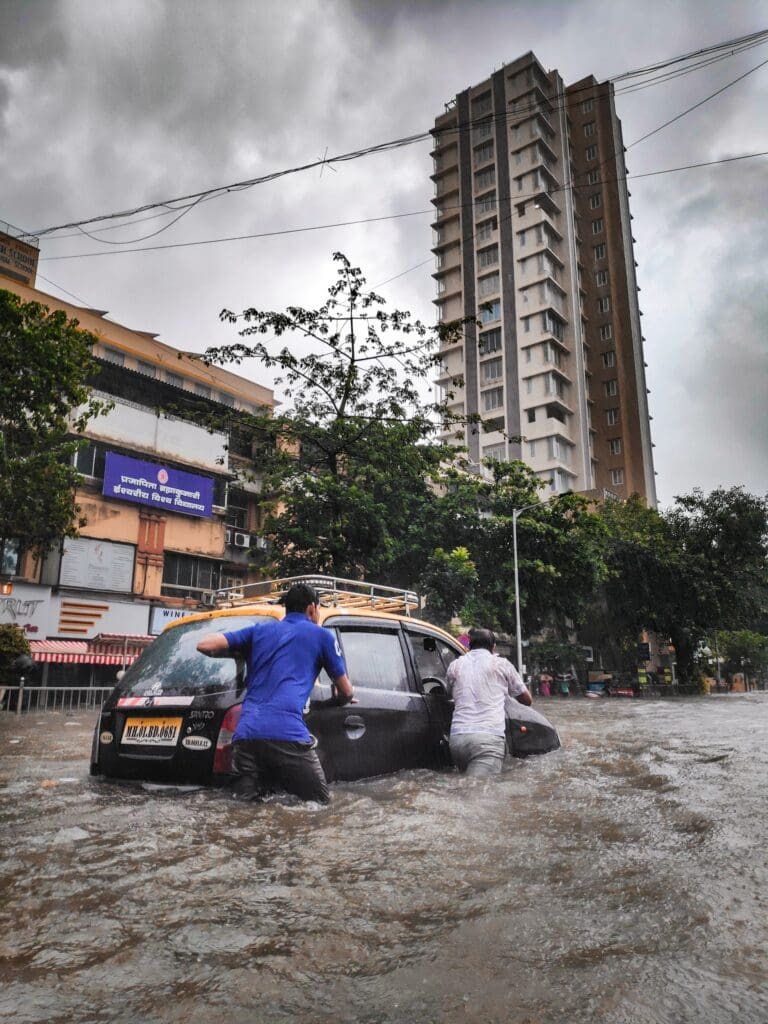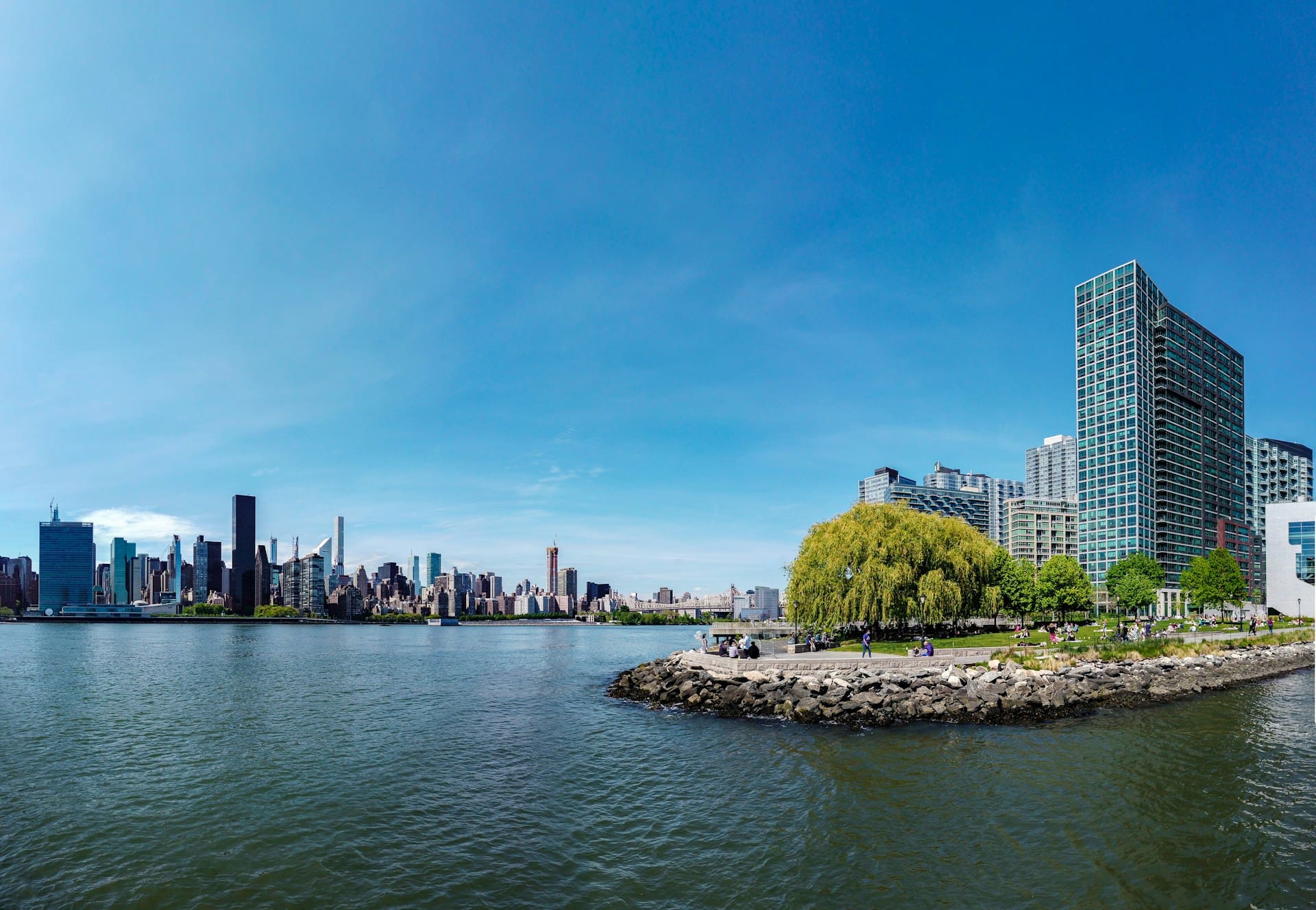Hurricane season is a time of year that no one in coastal regions wants to experience. However, being prepared can make a significant difference in protecting your family and home in case a hurricane hits your area. With that in mind, here are fifteen steps to help you get ready for a hurricane.
1. Create a Plan
Creating a plan is the first step in hurricane preparedness. It’s essential to discuss with your family what you will do if a hurricane hits, where you will go, and how you will stay in touch. Make sure everyone is on the same page and knows what to do. You should also have a backup plan in case your primary plan falls through. Additionally, consider creating a family communication plan that includes emergency contact information, a list of important documents, and instructions for how to communicate with each other during a disaster.
2. Create a Disaster Supply Kit
In case of a hurricane, you may be without power, water, or other essential services for days. Therefore, it’s crucial to create a disaster supply kit that includes non-perishable food, bottled water, flashlights, batteries, first aid supplies, important documents, and cash. You should also have a kit for each family member, including pets. Consider adding extra items like blankets, pillows, and personal hygiene items to the kit.
3. Secure Your Home
Protecting your home from hurricane damage is vital. You can do this by securing doors and windows with shutters or plywood. Also, trim trees and shrubs near your home and remove any items that could become projectiles in a storm. It’s also a good idea to inspect your roof and make any necessary repairs before the hurricane season. Consider investing in hurricane-resistant windows and doors and reinforcing your garage door.
4. Know Your Insurance Coverage
Make sure you have adequate insurance coverage for your home and possessions. Review your policy with your insurance agent to understand what is and isn’t covered in case of hurricane damage. It’s also essential to know your deductibles and how to file a claim. Consider taking pictures or videos of your home and possessions to document any damage that may occur.
5. Prepare Your Vehicle
In case you need to evacuate, prepare your vehicle by keeping it fueled, checking the tire pressure, and storing emergency supplies in the trunk. You should also have an emergency kit in your car that includes a first aid kit, bottled water, non-perishable food, and a flashlight. Consider adding blankets, pillows, and extra clothing to the kit.
6. Stay Informed
Staying informed about the weather conditions in your area is crucial during the hurricane season. You can do this by listening to local news and checking the National Hurricane Center website. Also, sign up for alerts from your local emergency management agency. Consider downloading a weather app that provides real-time updates and alerts.
7. Evacuate When Advised
If authorities advise you to evacuate, do so immediately. Follow the evacuation route, and bring your disaster supply kit with you. It’s also essential to have a designated meeting place in case you get separated from your family. Consider identifying several evacuation routes and destinations in case one is blocked or overcrowded.
8. Turn Off Utilities
Before leaving your home, turn off the main utilities, including gas, water, and electricity. This can help prevent fires and other hazards. Consider turning off and unplugging appliances and electronics to protect them from power surges.
9. Protect Your Home While Away
If you’re leaving your home during a hurricane, take steps to protect it, such as securing outdoor furniture and turning off appliances. You can also ask a neighbor to check on your home while you’re away. Consider installing a generator to keep essential appliances and systems running during a power outage.
10. Return Home Safely
After the hurricane has passed, return home cautiously. Avoid flooded roads and downed power lines. Check your home for damage, and contact your insurance agent to report any losses. It’s also essential to have a plan in place for cleaning up and making any necessary repairs. Consider hiring a professional to inspect your home for damage and make repairs.
Conclusion
Being prepared for a hurricane is crucial for protecting your family and home. By following the steps outlined in this article, you can significantly increase your chances of staying safe and minimizing damage during a hurricane. With these tips in mind, you can face hurricane season with confidence and peace of mind.




